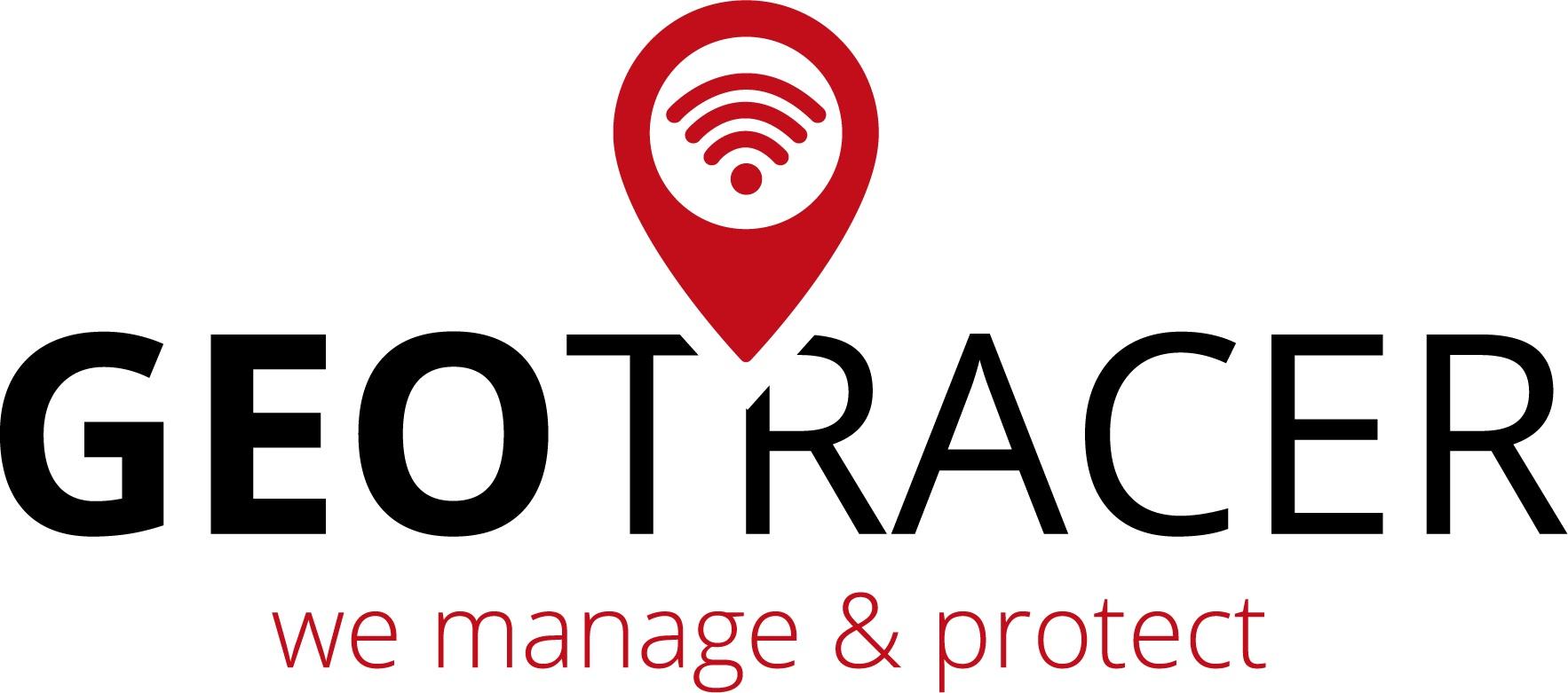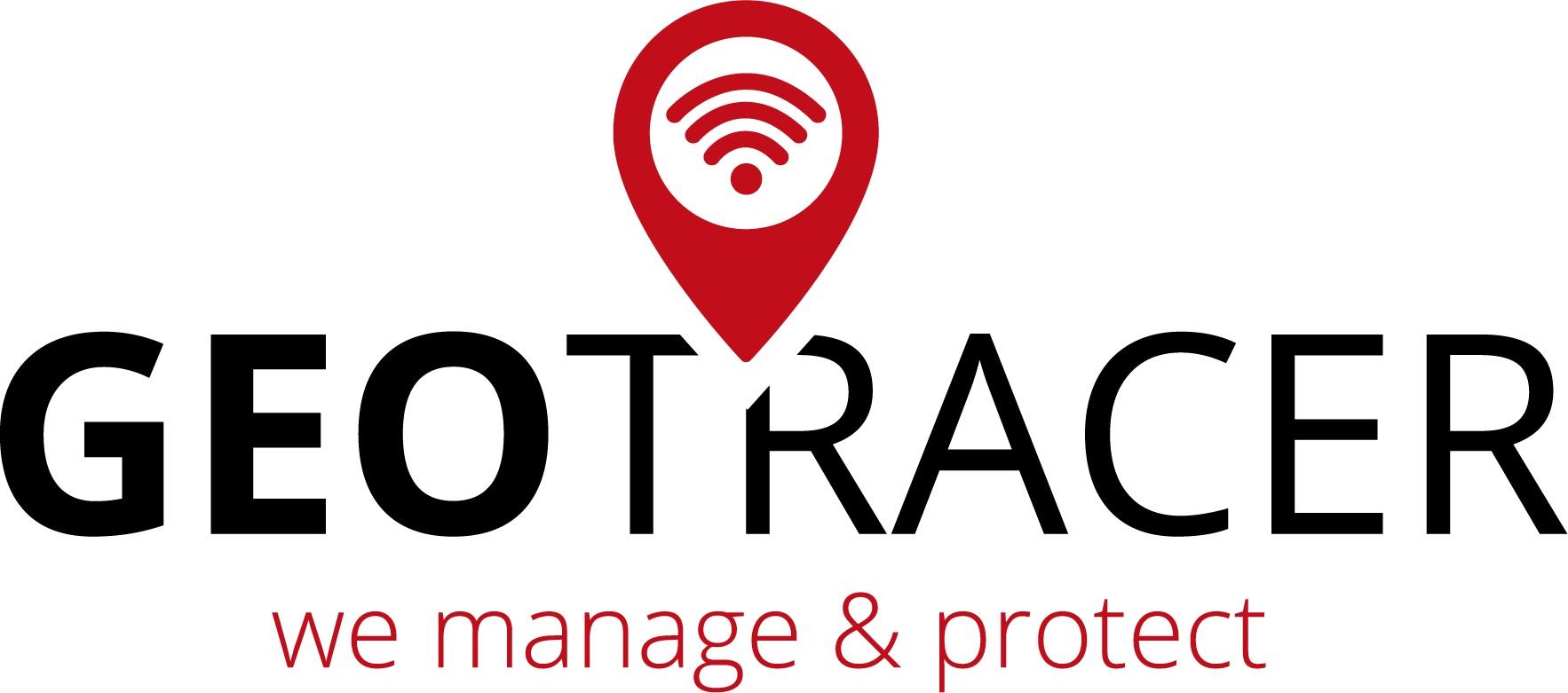5 tips for post-calculation: generate more turnover on construction projects
Post-calculation is a crucial aspect of project management in the construction sector. It allows you to gain insight into the actual costs of a project and to make adjustments where necessary. By analyzing this data, you can improve the efficiency of your construction projects and make more profit. What are the most important aspects of a good subsequent calculation? First and foremost, the fixed and variable costs are discussed in such a way that a budget can be drawn up as correctly as possible. Then you will find 5 golden tips that help you get more out of your construction projects, thanks to a good post-calculation strategy.

Budget versus post-calculation
As a construction company, it is important to accurately calculate the costs and revenues of a project. A good subsequent calculation is indispensable here. With a post-calculation you can compare the actual costs of a project with the budgeted costs and determine your return based on this. It is important to look not only at the direct costs, but also at the indirect costs and any risks.This makes a subsequent calculation a complex matter that is labor-intensive and requires a lot of focus. By regularly calculating, you gain insight into the profitability of your projects and you can make adjustments where necessary. Various cost items must be included, such as fixed costs and control costs (variable costs).
Fixed costs in post-calculation
It is important to include all fixed costs in the post-calculation to get an accurate picture of the total cost of the project. That way you ensure that the project is profitable. By including all costs in the subsequent calculation, a contractor can gain a better insight into the profitability of the project. This allows him/her to make strategic decisions to increasingly optimize the performance of his/her company.The fixed costs are costs that remain the same regardless of the size or duration of the project and do not depend on the use of certain resources or services. Some examples of fixed costs are:
- Insurance costs: liability insurance, fire insurance and insurance for employees
- Taxes and levies: costs that are mandatory for the government, such as VAT, construction levies and construction fees
- General costs: costs for the rental of office space, telephone costs and administration costs
- Material costs: these are the costs for all materials needed to carry out the project, including any loss of material.
Directing works in post-calculation
Directing work is often not offered in advance and can therefore not be included in the quotation. In order to correctly include directing work in the subsequent calculation, the hours and costs per employee and per machine must be accurately tracked. The inclusion of directing work in the subsequent calculation can prevent unexpected costs that have not been included in the quotation.By keeping track of the hours and materials, the directing work can also be better planned and managed, improving the efficiency of the project and increasing profits. Some examples of directing works are: one in the quotation.
- Project management costs: These are costs associated with the management and coordination of the project, such as the costs of the project management team, the costs for planning and administration, the costs of the safety coordinator and the costs for the construction site design.
- Rental costs: These are costs for renting the construction site or building material, such as renting a crane or a construction site.
- Labour costs: these are the costs for all employees involved in the project, including wages, social contributions and insurance.
- Machine costs: these are the costs for the rental or use of machines and equipment required for the project. It also includes the cost of maintenance and repair of these machines and equipment.
- Subcontractor fees: These are the costs of hiring specialized contractors or subcontractors to perform certain tasks that cannot be performed by their own staff.
- Transport costs: these are the costs for transporting materials, machines and personnel to and from the construction site.
Automatic registrations thanks to a badge system
Fortunately, there are post-calculation tools available that make the whole process a lot easier. A good example of this is the GeoTracer application, which has been specially developed for the construction sector. This application uses a badge system that allows employees to register and track their performance.
This system not only provides insight per site, but also automatically calculates the performance times and mileage registration of all employees.
Thanks to the badge system, all employees can badge in the same way, regardless of their work regime. As a construction company, you immediately get a clear overview of the performance of every employee and of every site. This not only ensures more efficient planning and payroll administration, but also makes it easier to make a correct subsequent calculation. You have all the necessary information in one central place.
5 golden tips for post-calculation
To get even more out of your construction projects, we would like to give five tips for a good post-calculation:
- Provide a detailed budget, which includes all cost items.
- Keep track of the actual costs during the project and compare regularly with the budget.
- Don't be too optimistic when budgeting for costs. It is better to sit on the safe side.
- Stay alert for potential changes that could impact costs during the project.
- Make regular reports in which you map out the profitability of the project and propose any adjustments.
Would you like to know more about post-calculation in the construction sector and how the GeoTracer application can help with this? We will soon organize an online information session on post-calculation with the GeoTracer application.Our post-calculation expert, Jeroen Verlinden, gives you even more practical tips for a good post-calculation. He also gives a tour of the Geotracer application in which simple analyses are made, thanks to a badge system. Register for this online Webinar and discover the many advantages of our post-calculation application.


